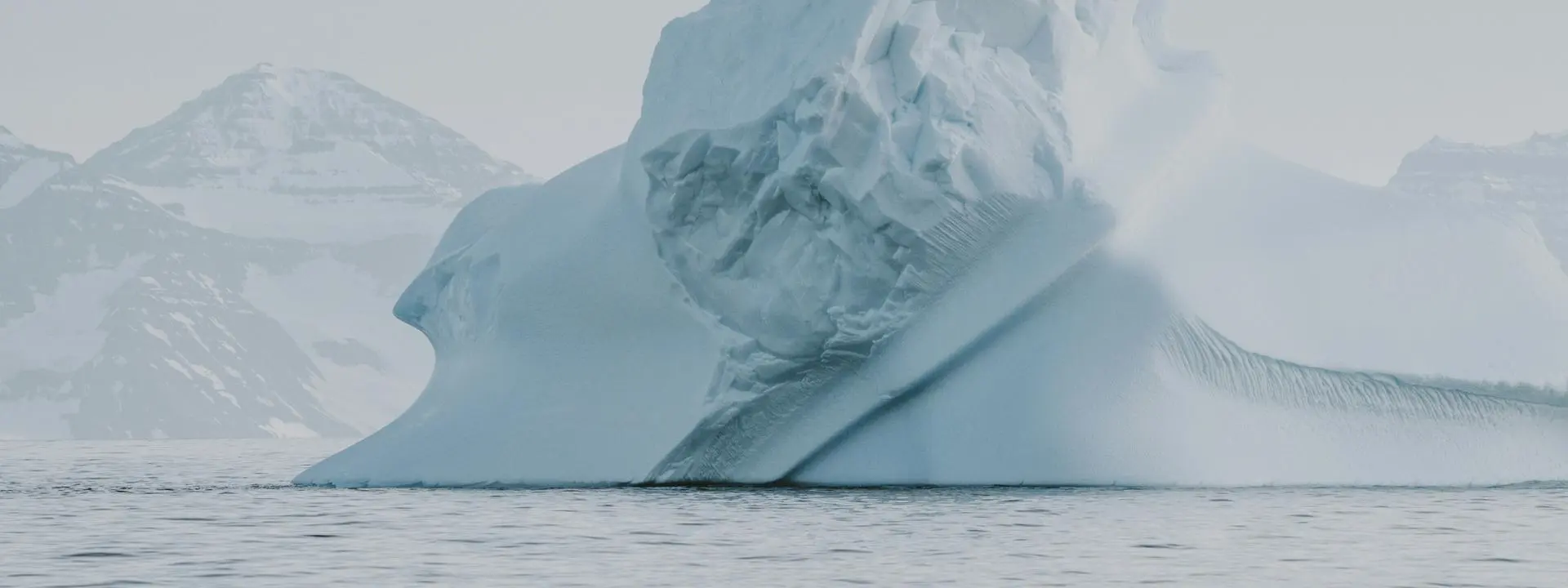Increasing maritime traffic poses a threat to Arctic whales

Belugas, narwhals and bowhead whales, the three whale species endemic to the Arctic, are potentially facing significant threats due to increasing maritime traffic, according to scientists from Heriot-Watt University.
The marine mammal experts say there is an ‘urgent need’ for more research on how Arctic whales are impacted by vessels.
The data shows we still have little idea about how many of these animals will respond to the presence of traffic in what was, until recently, a largely vessel free environment.
They published their research in the journal Ocean and Coastal Management.
Vast knowledge gaps
The Heriot-Watt study reviewed existing literature to assess how increasing vessel traffic in the Arctic could affect the three whale species.
They found that existing research is limited and unequal across species, stocks and vessel types
Dr Lauren McWhinnie, from Heriot-Watt’s School of Energy, Geoscience, Infrastructure and Society, said: “Climate change has made the Arctic more accessible. It used to be closed off to most vessels for a large part of the year.
“Now that we are seeing the extent and thickness of sea ice reducing, there’s an annual increase in vessel presence within Arctic waters.
“According to a recent report by the Arctic Council this has led to a 37% increase in Arctic vessel traffic in the past decade.
“There is an urgent need to understand the impact this will have on Arctic whales, particularly the three endemic species, beluga, narwhal and bowhead whales. Some of their subpopulations are thought to have fewer than 250 individuals remaining in the Arctic and, until recently, they’ve had very little exposure to vessel traffic.
“We also need to consider how any potential impacts such as increasing noise and collision risk might affect species that seasonally visit the Arctic, like orca and humpback whales.
“We’ve reviewed work done in the Arctic around vessels and marine mammals.
“The data shows we still have little idea about how many of these animals will respond to the presence of traffic in what was, until recently, a largely vessel free environment.”
Arctic whales ‘likely more sensitive’
Emily Hague, PhD researcher and lead author of the review, said: “We know that vessel traffic has had significant impacts on whale species elsewhere.
“They can cause behavioural changes, psychological stress, physical injury or even death from strike, or oil spill.
“Underwater noise pollution can interfere with whales’ communication and navigation abilities.
“Beluga, narwhal and bowhead whales have lived in waters remote from human-made noise for centuries.
“As the Arctic becomes more and more accessible to vessel and industry traffic, these whales face exposure to new stressors.
“The whales may likely be more sensitive to these changes, given previous low exposures, than say whales that inhabit busier seas.
“Historically, humans have embarked on industrial activity and development and worried about the consequences for the environment often too late.
“Now is the time for more efforts in the Arctic to mitigate the impact of increasing vessel traffic and ensure these unique and vulnerable species can thrive in their home waters.”
The review was funded by the European H2020 funded ePIcenter project, and can be read in full, online.